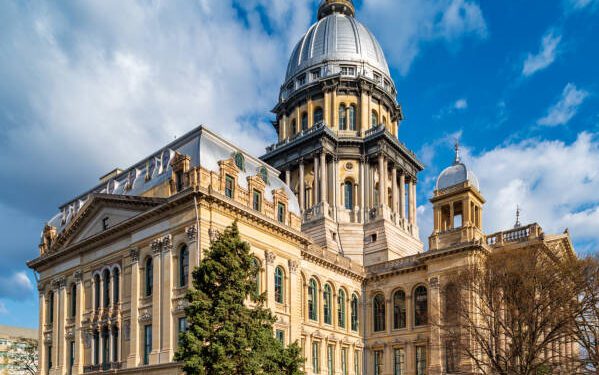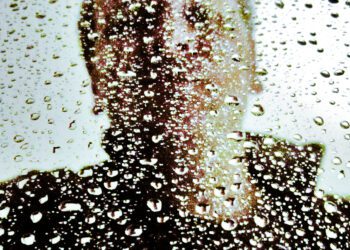I write hoping my words might compel action
We in medicine naturally feel a sense of Exceptionalism. Academically, we’ve been the top performing students and the hardest working professions. For many, it’s a well-earned belief.
But medicine has a funny way of discarding long-held beliefs to the annals of history. Take famed English physician Dr. William Harvey. In 1628, Dr. Harvey announced a revolutionary theory that blood circulates repeatedly throughout the body. He relied on experimentation, comparative anatomy, and rigorous calculations to arrive at his conclusions.
It was a far cry from the way medicine was practiced back then. Medicine was still beholden to inferences, beliefs passed down through the millennia from antiquity. There was no room for experimentation or novel forms of thinking in medicine at that time.
In fact, many of Dr. Harvey’s contemporaries opposed his theory because of their rigid commitment to ancient doctrines and the perceived questionability of experimentation at the time. For them, thinking differently was simply not acceptable.
While medicine has advanced in the centuries since Dr. Harvey’s time, the resentment toward novel thinking has not. Nowhere is this more pronounced than in the opioid epidemic, which remains beholden to antiquated beliefs of addiction and debunked theories of physician over-prescribing.
No matter how many clinical studies emerge redefining our understanding of addiction and the root causes of the opioid epidemic, we aren’t able to absolve ourselves of these misleading narratives. We can’t help ourselves, the narratives are too tantalizing to let go.
Of course, physician overprescribing instigated the opioid epidemic. Of course, the pharmaceutical companies misled the medical community. That’s just what they do.
So the story goes. We repeat it until what sounds familiar appears true – until we get to the part of the story where we come in. That’s when Exceptionalism kicks in.
Well, when I prescribe opioids, I’m careful. I screen my patients. I know they’re not abusing opioids. It’s those bad apple physicians. They’re the ones we have to look out for.
So we tell ourselves. We never think something like this will happen to us because we’re shielded by this belief. The funny thing is: the same veil we cover ourselves in prevents us from seeing through the false narratives about the opioid epidemic. Exceptionalism, like in most instances when it’s applied, turns into nothing more than a mirage.
The data is undeniable. Since 2016, opioid prescriptions have decreased and overdoses have increased. Even before that, when prescription opioids were written at a higher rate, overdoses never aligned with prescription rates, year over year.
We simply averaged the number of overdoses and prescriptions over broad time horizons and presumed the aggregate trends reflect some sort of cause-and-effect relationship. As physicians, we should’ve known better, but the narrative was too good not to believe.
So, as in Dr. Harvey’s time, we rejected clinical data in favor of pervasive, yet erroneous beliefs – funny how history rhymes.
But now we have a chance to make things right – protect physicians from unlawful investigations that lack probable cause.
Currently, any federal or state regulator can inspect a physician’s prescription record. This means any physician can be subject to a criminal investigation based on nothing more than speculation by a non-clinically trained law enforcement agent.
The specter of fear affects the way we think and the clinical decisions we make – at the cost of our patients. We may think we won’t be at risk so long as we’re careful about what we prescribe. Just like Dr. Harvey thought centuries ago that if he applied principles of scientific experimentation to his study of blood circulation, the medical community would accept his findings.
They didn’t. And the same goes for you. No matter how careful you may think you’re being, you’re no different from the many physicians who were targeted with undue scrutiny.
Support Illinois legislation IL HB2046. This bill doesn’t simply protect physicians against unlawful investigations. It protects our relationship with patients.
















Thank you again.